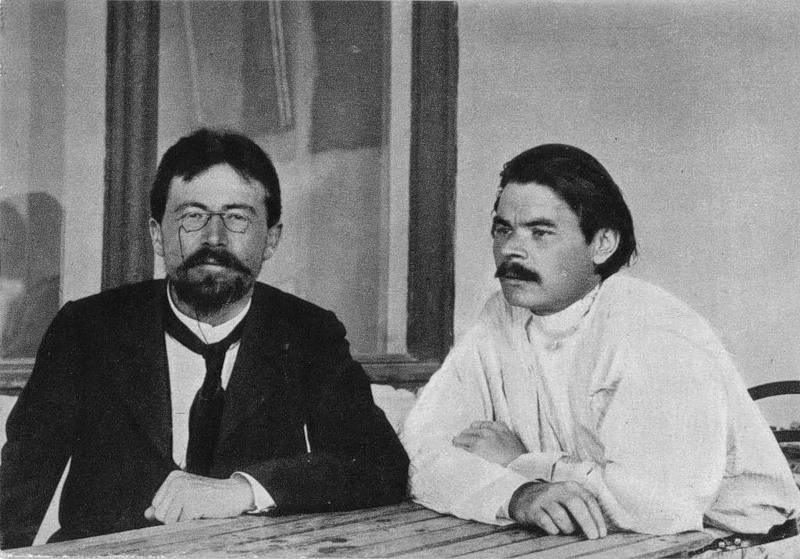Tío Vanya, The Corn Exchange (Brighton), 19/05/10
Pocas veces tengo la oportunidad de ver obras de teatro montadas por compañías profesionales; aun menos en español. Una profesora que tenía en la Complutense me dijo que hay sólo un centro teatral del mundo hispánico: Buenos Aires, así que tenía muchas ganas de ver un montaje de
Tío Vanya de
Chejov hecho por una compañía argentina.
Hace ocho meses
ví una versión adaptada en inglés, y me apeteció conocer la obra entera. Otra vez esta fue una adaptación, pero en cambio salí del auditorio dando gracias al dios inexistente por haber podido mantenerme los sentidos no eliminados del todo, pero sí violados:
muy violados. ¡A quién se lo podría ocurrir!
¿A quién se lo podría ocurrir que una producción profesional de una obra clásica de uno de los mejores dramaturgos del s.xx pudiera haber sido una de las peores piezas de teatro que nunca he visto? La mayoría de la culpa está en las manos de Daniel Veronese, e
l escritor, director, y responsable de esta catastrófica adaptación. Se veía claro desde el primer momento de la actuación que la obra estaba de gira y que Veronese y su compañía estaban acostumbrados a palcos muchísimo más pequeños que ofrece el escenario del Corn Exchange en Brighton, construido con el teatro proscenio tradicional de la época victoriana en mente. El espacio en el que los siete actores interpretaron dejaba vacío más de una mitad del escenario, y cuanto más me distraje, más me enfoqué en las matices del diseño y la infraestructura del edificio. Si la hubieran montado en un teatro de estudio, el sentido de claustrofobia que se supone que querían crear hubiera sido un poco más tangible; pero incluso yo, sentado en una butaca de la segunda fila de platea, me sentí totalmente a distancia de los percibidos traumas.

Tal sentimiento de distancia tenía mucho que ver con las interpretaciones de los actores, también. No quiero acordarme tanto de la vergüenza indirecta que me sentí por su parte, pero no hay palabras para describir el nivel de exageración que desmostraron algunos de la compañía. La peor delincuente era la actriz que representaba a Teleguin, demostrando su capacidad de exhibir las cualidades masculinas sólo en el exterior, con gritos bajos y dando palmadas a los demás, sea hombre o mujer. El que hizo el personaje titular no era tan malo, pero su caída a la manía y la ira no me convenció nada y pareció un cambio demasiado repentino en vez de ser la culminación de décadas de desesperación reprimida y el odio que siente hacia sí mismo por haber perdido el tiempo a lo largo de su vida. No me preocupé por los personajes, ni por sus vidas, ni por sus líos ni sus tragedias. Nada me importó porque los actores falló de hacerme creer de ellos.
Durando una hora continua, sin interrupcion, pareció que Veronese pretendía seguir la tradición realista de Stanislavski, pero porque no invertían en la esencia de la obra o de los personajes, parecía un homenaje más al melodrama que una tragicomedia de una familia que está a punto de implosionar. Una ironía cruel, considerando que al principio de la acción los personajes hablan de lo que constituye el malo del teatro contemporáneo, lo satirizan, y la producción misma es una pura parodia accidental.
Tío Vania es una obra que condena la falta de acción positiva en la vida de uno mismo, y demuestra los efectos de la vacilación y el peligro de dejar que te pase la oportunidad. Al final de esta representación, deseaba que nunca hubiera llegado yo a una comprensión tan profunda y personal de este mensaje.











